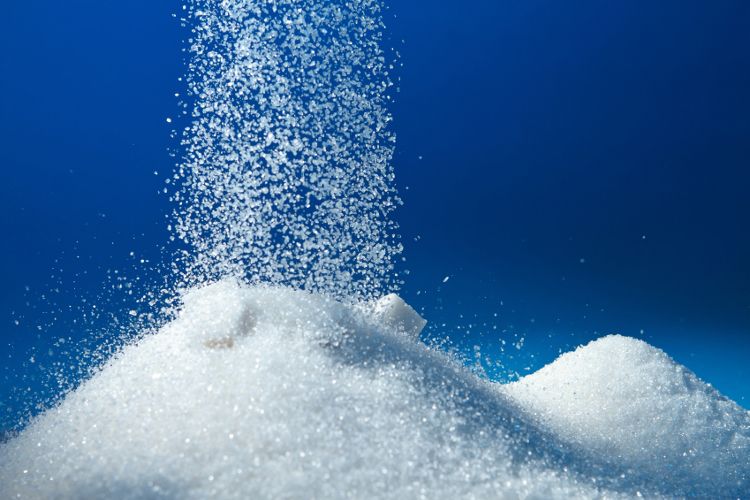Ingredion shares results from environmental lifecycle assessment of stevia
Ingredion Inc. shared the results of its global environmental lifecycle assessment of stevia as compared to full-caloric options, such as cane sugar, using environmental indicators including climate change, land use, water scarcity, and cumulative energy demand.
Photo © iStockphoto.com/Maksud_kr

Ingredion Inc. (Westchester, IL) shared the results of its global environmental lifecycle assessment of stevia as compared to full-caloric options, such as cane sugar, using environmental indicators including climate change, land use, water scarcity, and cumulative energy demand. The study also identifies opportunities to improve the environmental performance of PureCircle byIngredion’s stevia portfolio.
According to the study findings, fermentation and bioconversion technologies have significantly improved the sustainability of Reb M—a stevia sweetener in thePureCircleportfolio. Production of sugarcane Reb M by fermentation, for example,reducesnegative climate change impact by 82% compared to sugar, while bioconversion shows a 50% reduction.
“Our latest findings clearly show that all of our stevia production methods consistently outperform sugar across four key sustainability metrics due to recent innovations in Reb M stevia production,” said Kurt Callaghan, global strategic director for sugar reduction at Ingredion, in a press release. “Reb M has enabled mass market adoption of stevia by delivering great tasting food and beverage products. Our bioconversion and fermentation capabilities will allow the industry to achieve the same great taste at an even more affordable price while dramatically improving the environmental impacts.”
The life cycle assessment iscurrently undergoing peer review to achieve compliance with the International Organization for Standardization (ISO), which would enable Ingredion to deliver unique tools (e.g., sustainability calculators) to help manufacturers understand the environmental impacts of their sweeteners.










Prinova acquires Aplinova to further increase its footprint in Latin America
April 7th 2025Prinova has recently announced the acquisition of Brazilian ingredients distributor Aplinova, which is a provider of specialty ingredients for a range of market segments that include food, beverage, supplements, and personal care.
Prinova acquires Aplinova to further increase its footprint in Latin America
April 7th 2025Prinova has recently announced the acquisition of Brazilian ingredients distributor Aplinova, which is a provider of specialty ingredients for a range of market segments that include food, beverage, supplements, and personal care.
2 Commerce Drive
Cranbury, NJ 08512
All rights reserved.

